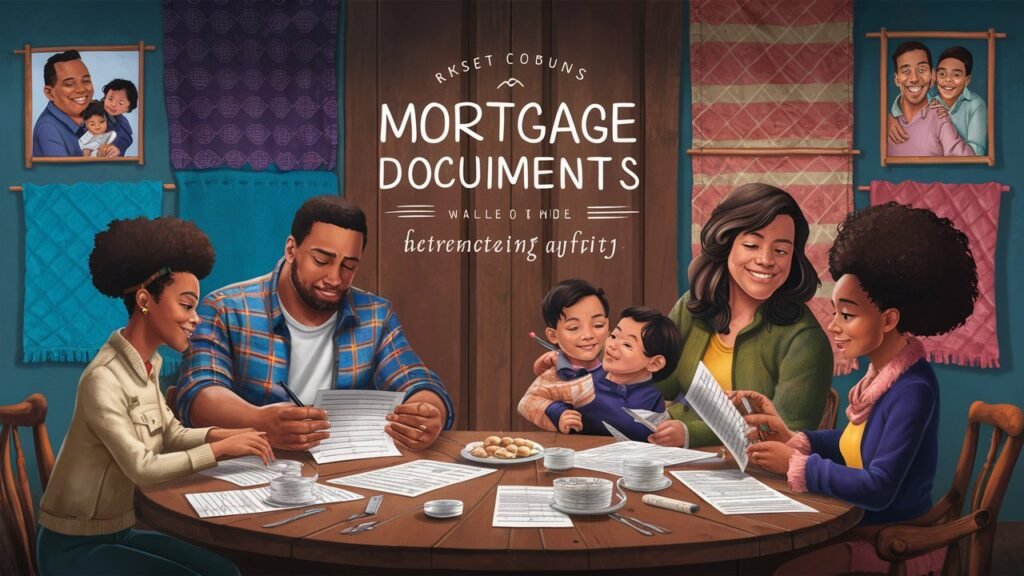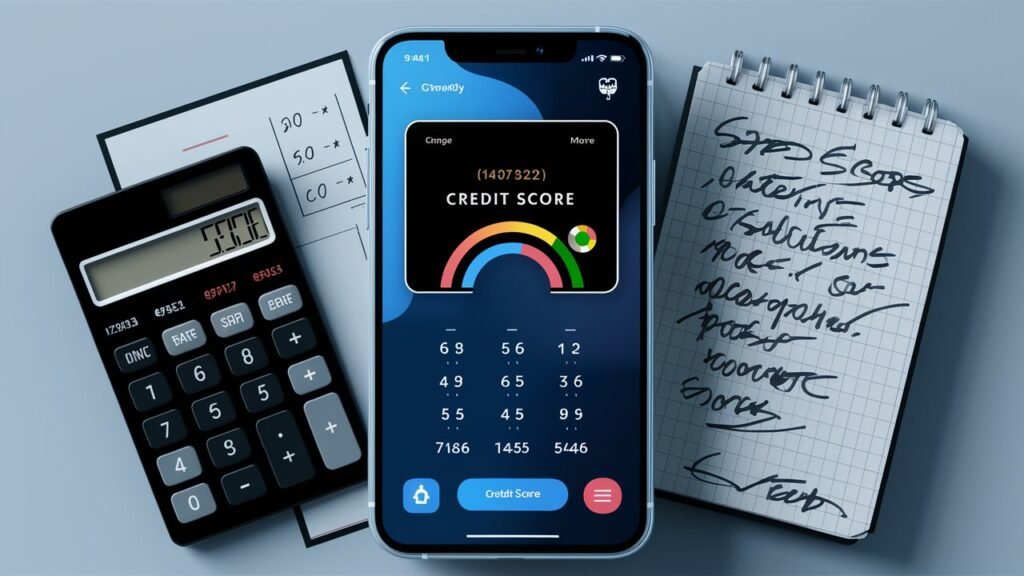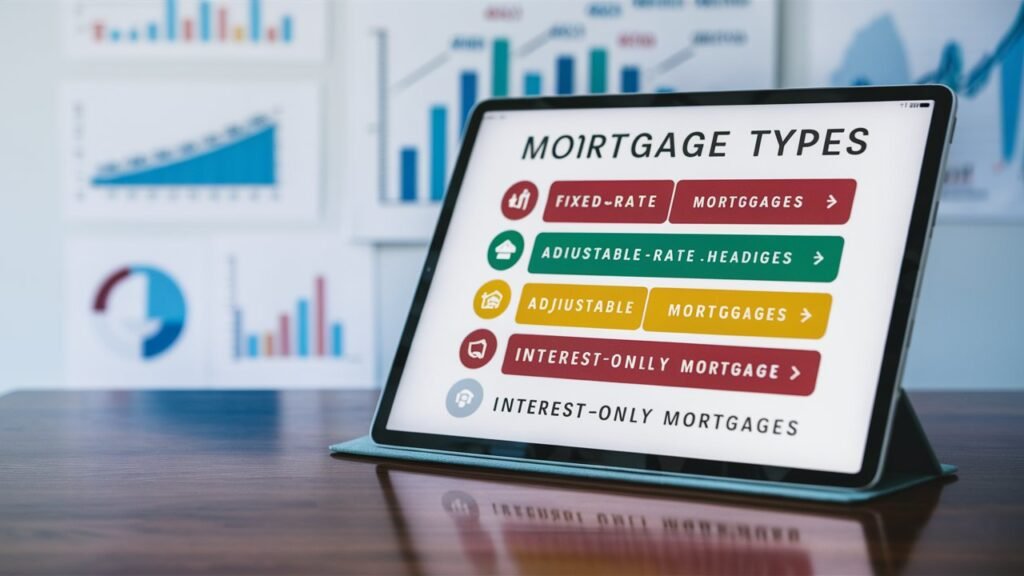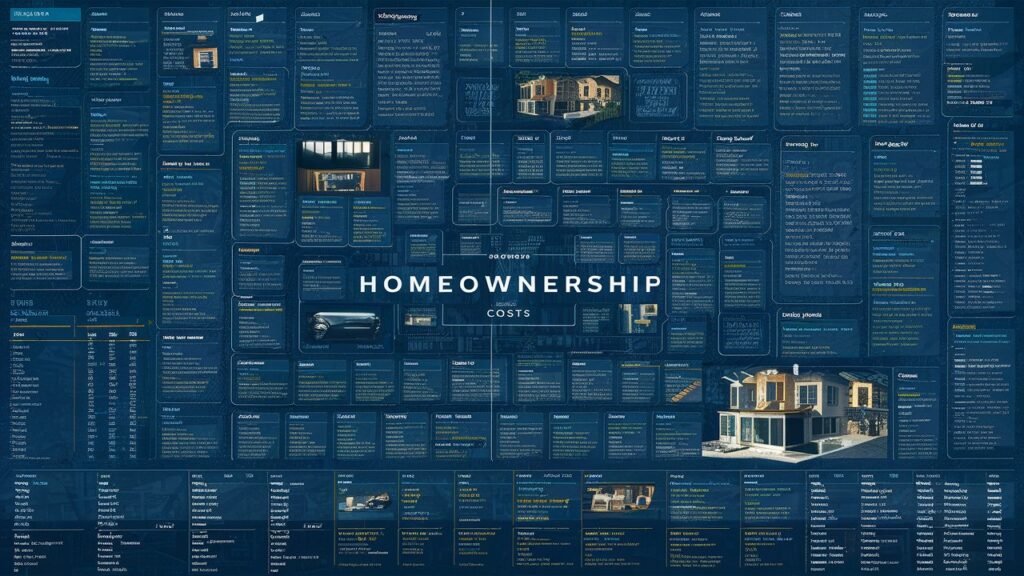Introduction
Deciding to take on a mortgage is truly one of life’s most vital financial decisions. A mortgage has implications for your life now but also extends well into the future to affect your financial well-being. Doing this mindfully should help you avoid common mistakes, mitigate stress, and create a solid financial base. In this guide, we have compiled ten mindful mortgage tips that will enable you to transform financial success and security for many years to come. Whether you’re a first-time homebuyer or going to refinance your current loan, these tips will prepare you for making wise and confident choices.
1. Evaluate Your Financial Health
Before you enter mortgage processing, sit back and assess your financial health. This step is essential in order to know what is possible and where your mortgage fits in with your long-term goals.
Key Actions:
· Assess Your Credit Score: A good credit score will not only give you a better chance of being approved for the mortgage but also qualifies you for better rates. A score of more than 700 will do.
· Calculate Your Debt-to-Income (DTI) Ratio: Most lenders want your DTI ratio to be 43% or below.
· Review Your Savings: Be sure you have sufficient savings for down payment, closing costs, and an emergency fund.
2. Set a Realistic Budget
Learn how much house you can afford so you don’t end up financially overextended. Thoughtful budgeting balances housing needs with your other overall priorities.
Key Actions:
· Use Online Mortgage Calculators: Insurance, property taxes, and estimated maintenance costs should be included.
· Stick to the 28/36 Rule: You should pay no more than 28 percent of your gross income on housing and no more than 36 percent on total debt.
· Prioritize Essentials: Consider what features are absolute needs and what would be nice to have.
3. Save for a Substantial Down Payment
A larger down payment reduces your loan amount and lowers your monthly payments.
PMI might not be an issue with a larger down payment.
Key Actions:
· Targeting 20%-PMI elimination and better terms.
· Looking into Down Payment Assistance Programs: If saving the full amount will be a burden, check with local or federal programs.
· Set Auto Savings: Have a savings account set up and dedicate a portion of your income each month automatically.
5. Shop Around for Lenders
Mortgage rates and terms differ so much from lender to lender. Comparisons give you the benefit of finding the best possible deal.
Key Actions:
· Request Loan Estimates: Cash-in on at least three lenders’ quotes.
· Understand the Fine Print: Fees, prepayment penalties, conditions of interest rates.
· Negotiate: Ask for better rates or other fees to be waived.
6. Get Pre-Approved
A pre-approval letter solidifies your status as a buyer and outlines How much you can borrow or afford.
Benefits of Pre-Approval:
· Greatly convinces sellers you are serious.
· Reduces the home search within blinking range or level of affordability.
· Locking the interest rates for a specified time period.
7. Factor in Hidden Costs
Mortgage payments are only one part of homeownership. By being aware of other expenses to factor in, you will be free of surprises.
Hidden Costs to Consider:
· Property Taxes: Depending on where you live, property taxes vary and are generally assessed on an annual basis.
· Homeowners Insurance: Required by lenders to protect against damage to the property in case it is destroyed or damaged.
· HOA Fees: Common for condos or planned communities.
· Maintenance Costs: 1–3% of the home’s value on maintenance per year.
8. Build an Emergency Fund
Unexpected costs can become a wrench in your finances if unprepared. Maintaining an emergency fund will provide you security and help you pay any unexpected bills.
Tips for Building an Emergency Fund:
· Start Small, Increase Gradually: Set a saving benchmark of three to six months of living expenses-always remembering to include mortgage, utility, and essential expenditures.
· Automate Savings: Set aside a certain amount of your salary regularly.
· Avoid Using Credit: Reserve your credit cards for real emergencies.
9. Understand the Closing Process
Closing on any mortgage can be overwhelming, but if you are well-prepared, things will become easier by the time you get to the closing.
Steps in the Closing Process:
· Review Closing Disclosure: Ensure it matches your loan estimate.
· Complete a Final Walkthrough: Verify the home’s condition matches your expectations.
· Prepare Documents: Bring ID, proof of insurance, and a cashier’s check for closing costs.
10. Monitor and Reassess Your Mortgage
Even after getting a mortgage, care and management will keep your financial goals alive.Inner mechanics of mortgages:
Post-Mortgage Tips:
· Consider Refinancing: To reduce interest or change terms as necessary.
· Make Extra Payments: Reduced principal and interest savings.
· Track Home Equity: Use it wisely for future financial considerations like renovations or education.
Conclusion
Mindful mortgage planning goes beyond securing a loan; it is about creating a solid financial basis for your future. With these ten tips, you will confidently work through the mortgage process and set up everything for your longer-term success. Keep in mind that it is simply fitting the mortgage into your bigger financial goals and agenda.
FAQs
Q: What credit score do I need for a mortgage? A: Most lenders require a minimum credit score of 620, but higher scores qualify for better rates.
Q: Is a 20% down payment mandatory? A: No, but it helps avoid PMI and secures better loan terms.
Q: Can I refinance my mortgage later? A: Yes, refinancing is an excellent option to lower rates or change loan terms when conditions are favorable.
Q: How can I reduce my monthly mortgage payments? A: Options include refinancing, extending the loan term, or making a larger down payment upfront.
Q: Are online mortgage calculators accurate? A: They’re a good starting point, but consult a lender for a precise estimate.
CTA: Ready to take the first step in mindful mortgage planning? Contact our expert advisors today for personalized guidance and tools to help you achieve long-term financial success!












